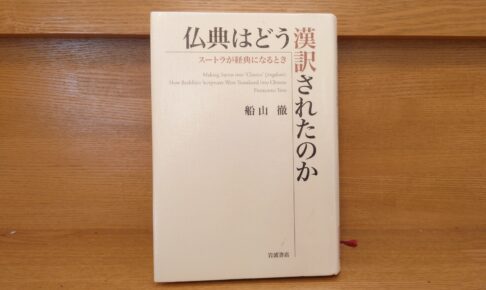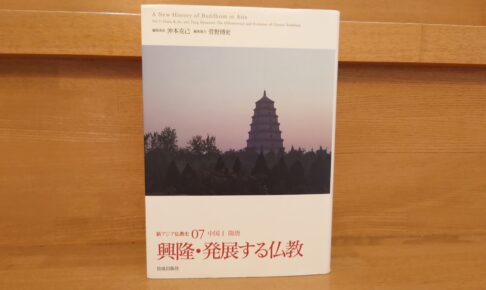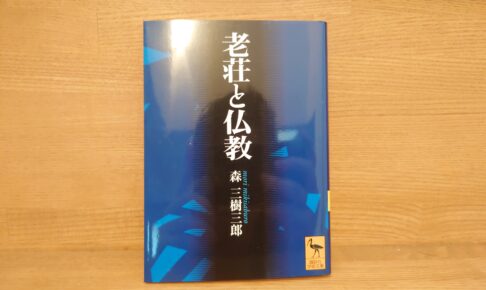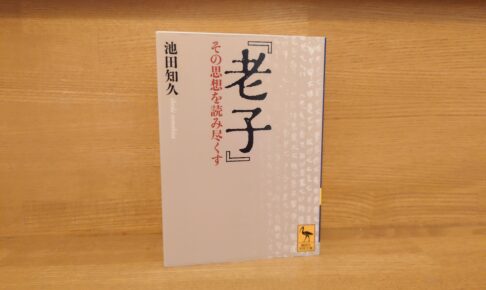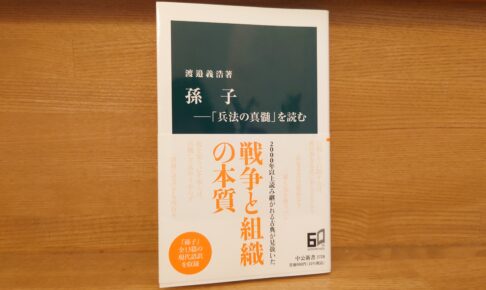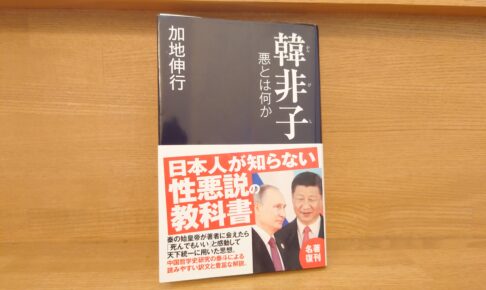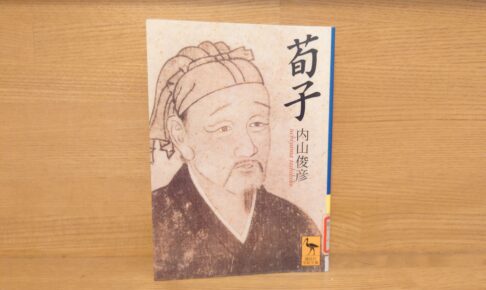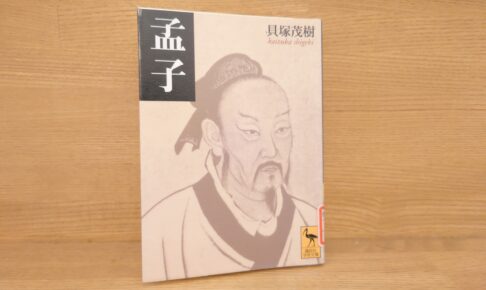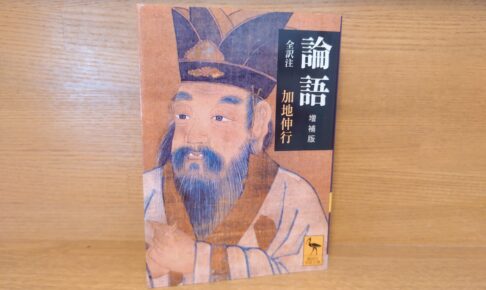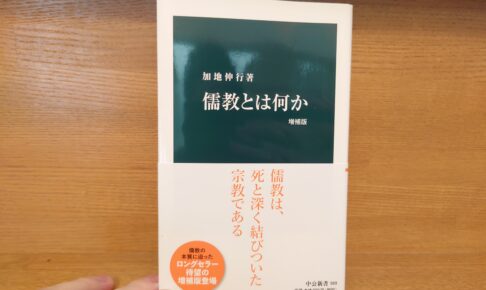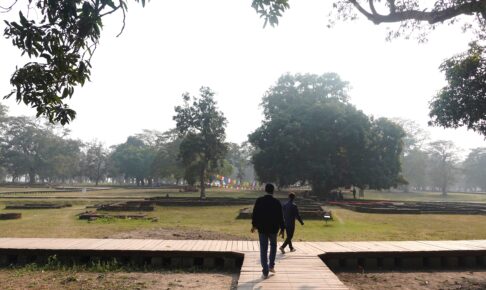Toru Funayama, "How the Buddhist Scriptures were translated into Chinese: When the Sutra Becomes a Sutra" - A stimulating reference book that is also recommended for considering what a sutra is!
How were sutras composed in ancient Indian languages converted into Chinese?
It is not easy to think about the "process of Chinese translation," but when you look at the actual situation, it is very interesting! It is amazing to see how the sutras were created! That's how sutras were created? This is exciting.
This book is also a work that offers great insights into Chinese and Japanese Buddhism.












